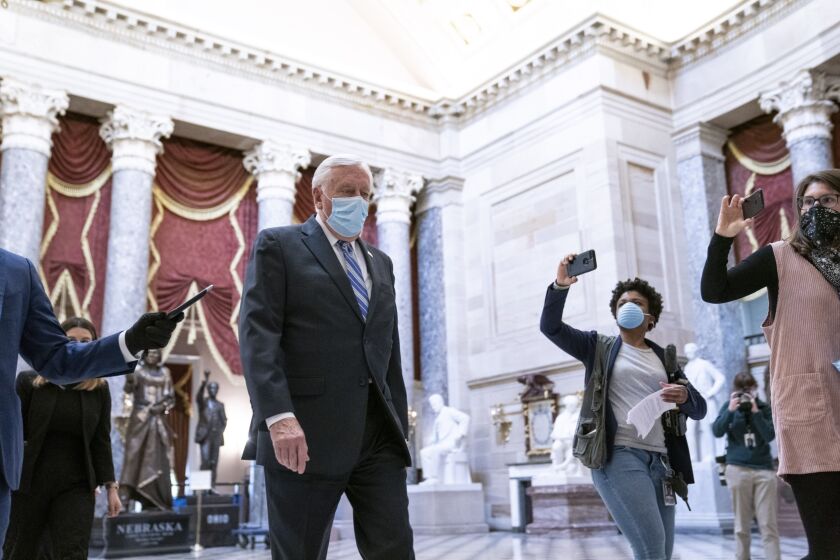House Democrats proposed a $3 trillion virus relief bill Tuesday, combining aid to state and local governments with direct cash payments, tax breaks, expanded unemployment insurance and food stamp spending as well as a list of progressive priorities like funds for voting by mail and the troubled U.S. Postal Service.
The decision, prompted by requests from a bipartisan group of lawmakers, reverses previous IRS guidance.
Leaders of Congress’s tax-writing committees want employers to be able to continue providing health insurance to their furloughed employees and still qualify for tax credits.
There's a great deal of help for businesses in the CARES Act and the FFCRA.
The American Institute of CPAs’ Auditing Standards Board has decided to defer the effective dates of seven of its recently issued Statements on Auditing Standards because of the novel coronavirus pandemic.
Small businesses that had been experiencing steady job and wage growth prior to the outbreak of the coronavirus pandemic are seeing that situation change, according to figures from the payroll giant Paychex.
The measure contains tax relief for both businesses and individuals, and other stimulus measures.
Republican staff on the Senate Finance Committee have released a set of answers to frequently asked questions about the stimulus payments.
The Senate voted 96-0 late Wednesday to approve a sweeping $2.2 trillion stimulus package to help the nation emerge from the coronavirus pandemic.
Two new refundable credits are aimed at immediately and fully reimbursing employers, dollar-for-dollar, for the cost of providing coronavirus-related leave to their employees.












